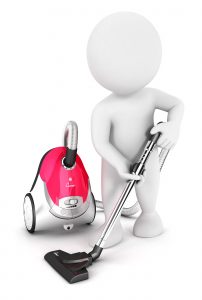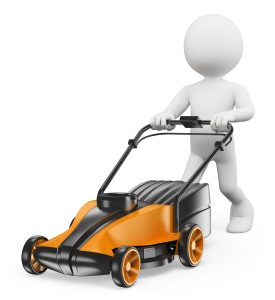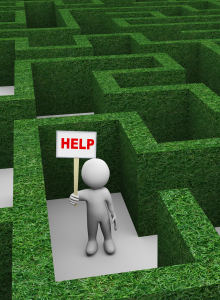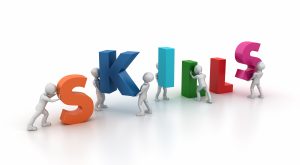A significant injury to the brain may result in the person being unable to perform everyday tasks (activities of daily living – ADLs).
The person may have difficulties performing activities such as:
 Personal ADLs e.g. washing, dressing, grooming, teeth cleaning, hair brushing, applying makeup, shaving and taking medication.
Personal ADLs e.g. washing, dressing, grooming, teeth cleaning, hair brushing, applying makeup, shaving and taking medication.- Domestic ADLs e.g. laundry, cooking, housework, gardening, managing finances, caring for children.
- Community based ADLs e.g. shopping, using public transport, driving.
- Leisure and social activities e.g. engaging in events with family and friends, playing or watching sport, accessing community amenities (gym, cinema, restaurant etc), computer games, music, painting, reading etc.
- Work and education activities.
Following brain injury, factors which may adversely affect the person’s ability to perform ADLs include:
- Physical impairments (e.g. reduced mobility, spasticity, ataxia, dyspraxia)
- Fatigue and sleep disturbance.
- Communication problems.
- Cognitive problems.
- Perceptual impairments.
- Sensory impairments.
- Psychological and psychiatric problems
- Behavioural difficulties.
Cognitive, communicative, behavioural and psychological/psychiatric problems may result in the person:
- Being unable to remember which tasks need to be carried out.
- Finding it difficult to attend to and complete tasks.
- Struggling to initiate, prioritise, plan and organise tasks.
 Being unable to self-monitor, recognise errors and change what they are doing in order to complete tasks.
Being unable to self-monitor, recognise errors and change what they are doing in order to complete tasks.- Being unable to recognise when they need to seek help.
- Being unable to recognise potential dangers (e.g. crossing the road, operating machinery, using household /gardening equipment).
- Demonstrating reduced tolerance for carrying out and completing tasks.
- Struggling to manage the social relationships necessary to carry out many ADLs.
- Lacking the range of communication skills (physical, linguistic and social) required for ADLs.
- Experiencing feelings of overwhelm, frustration and distress because they can no longer perform necessary ADLs and therefore becoming reluctant or refusing to participate.
Perceptual difficulties which may adversely impact on the person’s ability to perform ADLs include:
- Difficulty recognising familiar objects.
 Difficulty locating items due to the background environment e.g. a white plug socket on a white wall, item of cutlery in a cluttered cutlery drawer.
Difficulty locating items due to the background environment e.g. a white plug socket on a white wall, item of cutlery in a cluttered cutlery drawer.- Accurately reaching and retrieving items from a surface due to an inability to accurately judge depth or distance.
- Judging the speed and distance of moving objects e.g. people, animals, cars, bicycles.
Limitations relating to the ability to carry out ADLs may lead to:
- The person experiencing feelings of loss, frustration, irritability and low mood (adjustment difficulties).
 Loss of ability to participate in normal daily routines and activities.
Loss of ability to participate in normal daily routines and activities.- Boredom.
- Feelings of embarrassment about being unable to carry out tasks which the person used to find easy and routine.
- Significant changes in role in family, social and work life.
- Financial difficulties.
- The need for assistance to participate in ADLs.
The person may benefit from rehabilitation in order to relearn skills and to address the challenges which impact on their ability to participate in ADLs.

